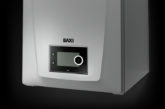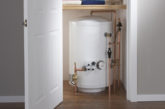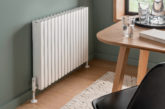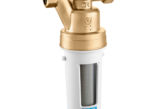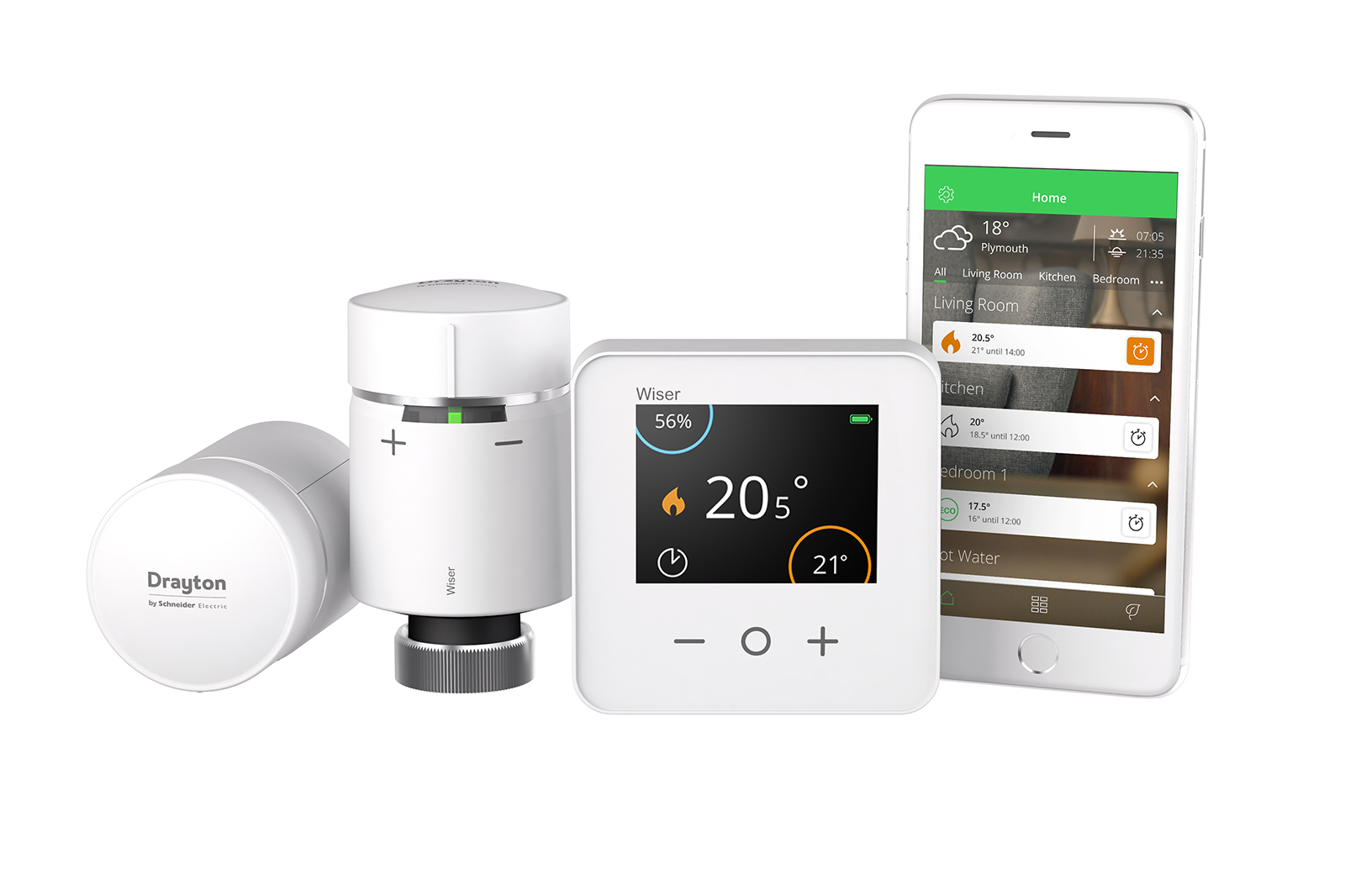
Since the launch of the Domestic Renewable Heat Incentive, there has been a rise in homeowners starting to improve the efficiency of their homes by opting for a hybrid heating system. Remi Volpe, Managing Director at Drayton, discusses how heating controls on the market today are able to support hybrid heating systems and how this is helping installers prepare for heating systems of the future.
Since 2014, the existing Renewable Heat Incentive (RHI) has encouraged homeowners to invest in renewable forms of heating by paying them for the renewable heat they produce, this has seen an increase in the popularity of hybrid systems as people think about how they can reduce carbon emissions and help the UK meet its energy targets.
A hybrid heating system is a combination of two or more technologies generating heat to provide heating and hot water to the home. These are typically a gas or oil-fired boiler in combination with a heat pump, or a ‘mixed’ system using a boiler in combination with underfloor heating.
For homeowners that are opting for a hybrid solution, it is important that installers are helping them choose a heating control that makes controlling it easy. A smart heating control that is compatible with different heat sources offers huge benefits for households where, for example, an air source heat pump is utilised for heating but does not supply domestic hot water, this type of system is classed as eligible under the current Renewable Heat Incentive.
New challenge
However, as our focus on reducing carbon emissions continues even further, the closure of the Renewable Heat Incentive and the subsequent launch of the Boiler Upgrade Scheme in April of this year will present a new challenge to heating engineers. Whilst a hybrid heating system may have been eligible for funding previously, under the new Boiler Upgrade Scheme, they no longer will be.
This means that for heating engineers who have been working on hybrid heating systems and likely have their personal preference on the best heating control to fit, they may now need to consider whether that control is going to be just as effective – or even compatible – with a fully renewable system. Additionally, for any hybrid heating systems that have been, or will be, completed before the end of March, installers may need to check whether the heating control installed for this system will still be suitable when the homeowner eventually has to remove the fossil fuel element.
However, that doesn’t mean to say that the demand for hybrid heating systems is going to die out completely. Whilst a hybrid system including a heat pump may not be as appealing, it doesn’t mean to say that homeowners won’t look at alternative ways to make small changes to their heating systems, without the radical changes that removing a gas boiler altogether entails.
Take control
Luckily, there are already heating controls available on the market that installers can turn to, regardless of whether they are working on a system eligible for the Renewable Heat Incentive or the Boiler Upgrade Scheme. For example, Wiser is compatible with fossil fuel boilers, as well as renewable heat sources like heat pumps and electric radiators, thanks to the launch of the Underfloor Heating Controller and Electrical Heat Switch.
As well as being suitable for single heat source systems, the smart home heating solution can also control mixed heat source hybrid systems all from a single app. This means that with just one solution, installers can recommend Wiser for gas boilers, renewable heat pumps, wet underfloor and electrical heating – no matter what the system may look like.
Not only does this simplify the job for the heating engineer, making installation and commissioning easier, but it also enables installers to offer their customers a seamless and simplified user experience when it comes to managing their heating. It also means that should the fossil fuel element of a hybrid system need to be removed later down the line, then the heating control can remain in place and work as usual without needing to be replaced.
By taking the time to get familiar with a heating control like Wiser today, installers can benefit from having one solution that can do it all later down the line. As consumer demands change, heating engineers are going to be expanding and diversifying their businesses to offer more solutions, and heating controls will always play a key role in delivering comfort levels and energy savings to homeowners.


